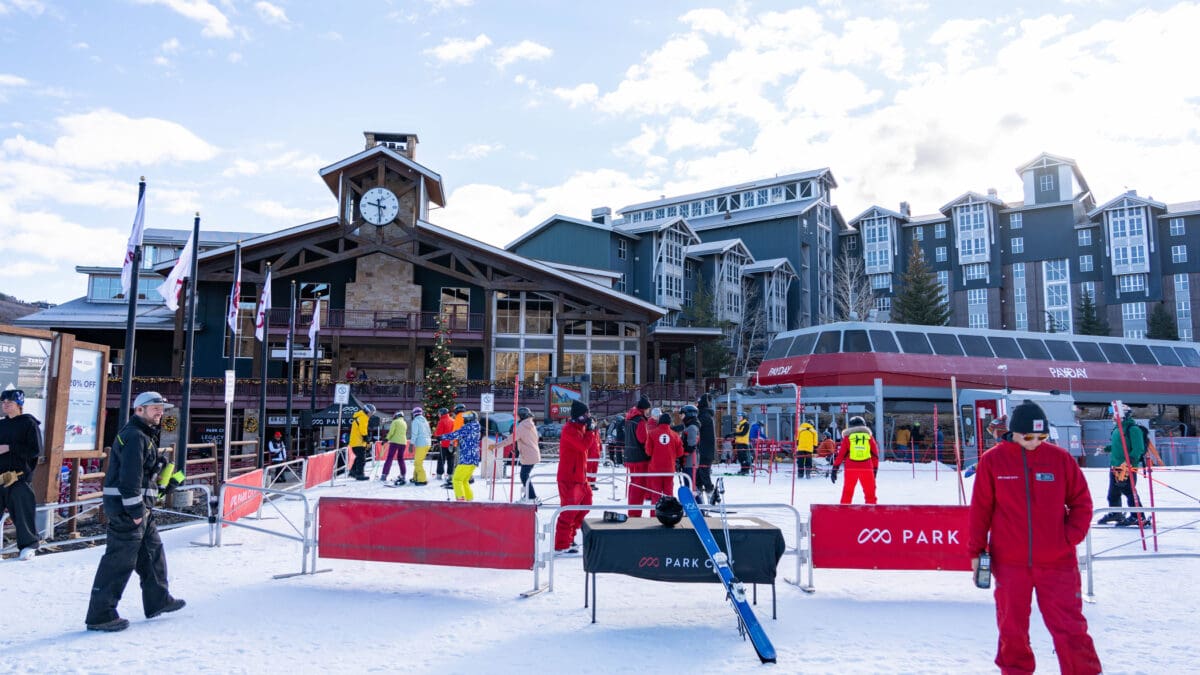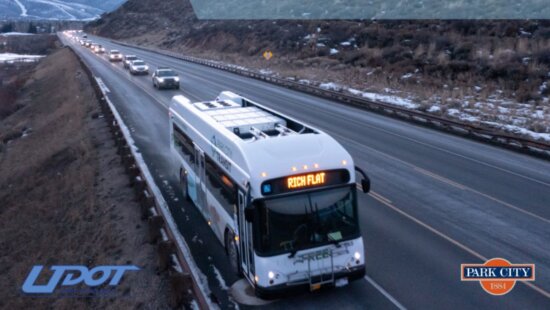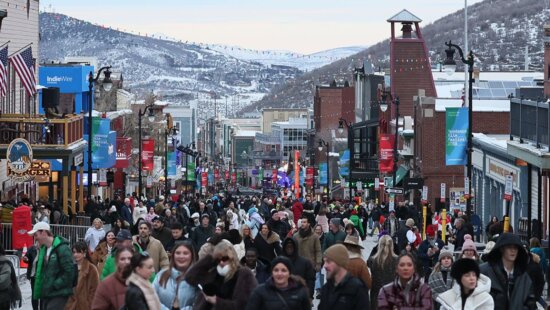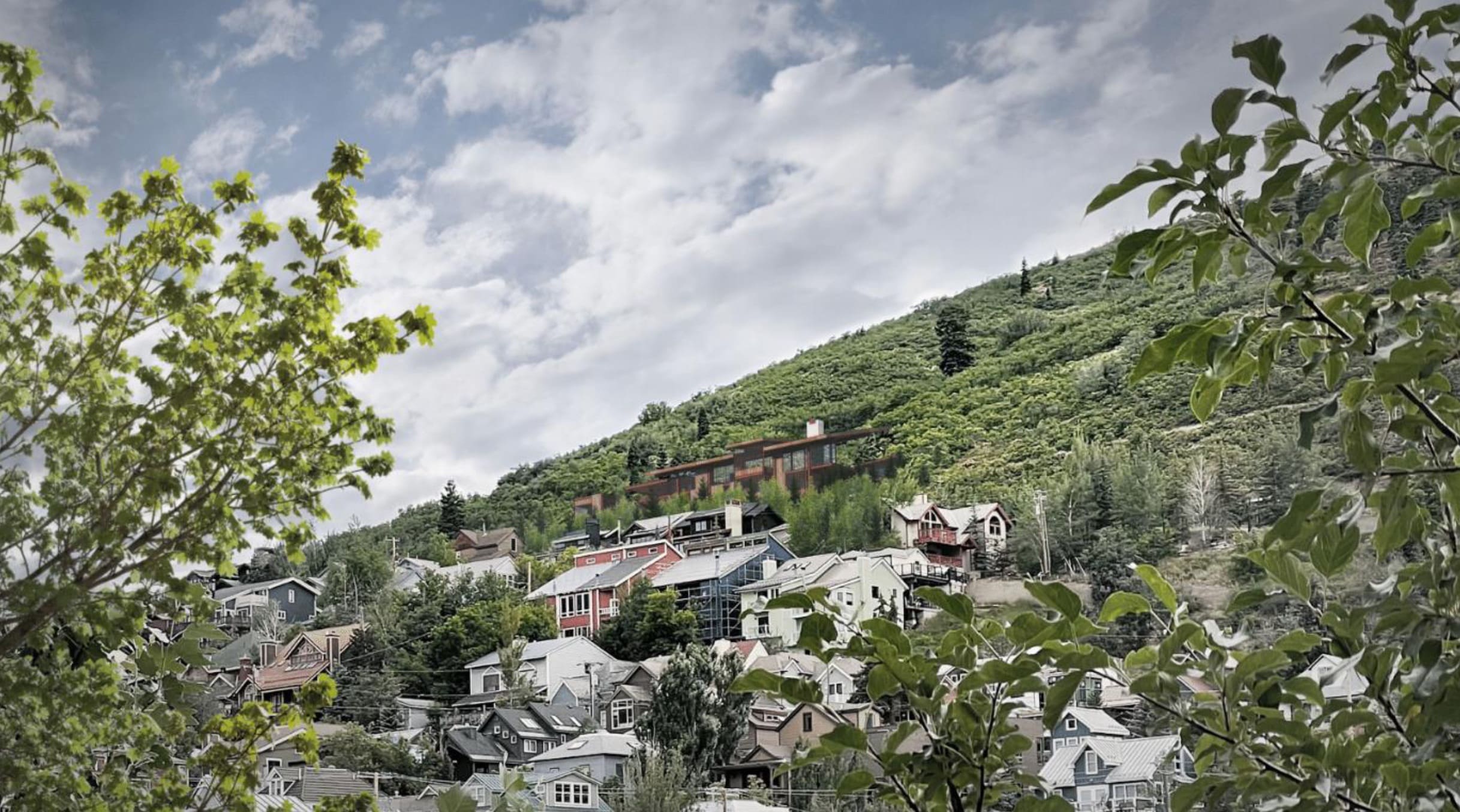Courts
Utah Court of Appeals upholds Park City’s rejection of ski lift upgrade shortcut

Photo: Park City Mountain // Jack Loosmann
'Comfortable Carrying Capacity' becomes legal flashpoint in Vail Resort's lift upgrade project at Park City Mountain
PARK CITY — Utah’s Court of Appeals sided with Park City Municipal Corporation in a dispute with Vail Resort over proposed lift upgrades at Park City Mountain, saying the local resort did not meet conditions that would’ve entitled it to expedited review and an administrative permit.
At the heart of the case was whether Park City Mountain satisfied six criteria spelled out in their 1998 Development Agreement that allow certain projects to bypass public process if the conditions are met. Park City Mountain sought to replace the Eagle lift and upgrade the Silverlode lift, which together could put the resort over its “Comfortable Carrying Capacity” (CCC) — the number of skiers a resort can handle on its 10th busiest day — by altering the capacity of the individual lifts.
While the city’s Planning Director initially approved an Administrative Conditional Use Permit (ACUP) after requiring a parking mitigation plan, residents appealed, the Planning Commission voted 3-1 in July 2022 to overturn that approval. The Commission questioned whether the upgrades aligned with the original Mountain Upgrade Plan and whether the resort’s parking plan adequately addressed capacity.
A central sticking point was the CCC itself. In an early Planning Commission hearing, Park City Mountain was aksed to disclose the formula used to calculate capacity, but resort executives couldn’t explain the methodology. Review was continued to provide Park City Mountain opportunity to satisfy the commission’s questions in a second hearing. In the subsequent hearing, ski area planning company, SE Group, appeared on Vail Resort’s behalf and told the commission that the formula behind the widely used planning and safety metric was proprietary.
In addition, the Planning Commission agreed the resort’s parking mitigation plan — which included paid parking and overflow lots — did not resolve discrepancies in the tallies or adequately account for peak demand.
“The Utah Court of Appeals thoroughly reviewed and upheld the Planning Commission’s decision,” Park City spokesperson Clayton Scrivner said in a statement. “We appreciate the Court’s thoughtful consideration and the important work of our volunteer Planning Commissions past and present.”
The appeals court noted that Park City Mountain’s own filings acknowledged possible parking impacts, weakening its argument that the new lifts would not generate additional demand. The judges ruled there was substantial evidence for the Planning Commission’s decision and determined it was not arbitrary.
“The Utah Court of Appeals made the point clear – CCC isn’t theoretical, and when CCC numbers are unverified or inconsistent, approvals cannot be legally granted,” said Angela Moschetta, one of four locals who brought the initial appeal and questioned Park City Mountain’s capacity math from the outset. “Enforcing CCC would turn today’s peak ski day traffic back into the exception, not the rule, and instantly relieve vehicle gridlock and epic lift lines.”
Park City Mountain expressed disappointment with the outcome but said it intends to move forward with the projects through the standard permit process.
“We are disappointed by today’s decision, especially after we initially received approval for these lifts after months of work with City staff and community input,” the resort said. “Regardless of this outcome, we will resubmit permit applications for both lifts. We are fully committed to the future of Park City Mountain and have invested $144 million in resort improvements to date. Despite the City’s decision to revoke the Eagle and Silverlode permit, we successfully implemented the 2022 parking plan, which, as we expected, has resulted in significant and measurable improvements to the arrival and departure experience at the resort. We will continue to pursue these important projects, and we remain focused on enhancing the guest experience and supporting the long-term vitality of Park City.”
The city has not said whether a review of the resort’s capacity calculations will be required in the permitting process moving forward. Park City Mountain has not said which permit process it will pursue this time.
Moschetta hopes Park City Mountain will follow the traditional CUP route and submit to Planning Commission review. Additionally, she said the Appellate Court outcome and debate about CCCs could have much broader significance.
“This applies well beyond Park City,” Moschetta said. “Capacity enforcement is free, immediate, and now court-confirmed. The only question remaining is whether elected officials on both sides of the Wasatch are serious about combatting traffic and will use it to defend quality of life for residents and quality of experience for skiers.”
Vail Resorts files appeal to Silverlode and Eagle lift upgrade denial
Eagle and Silverlode upgrades will not happen in time for 22/23 winter season



















